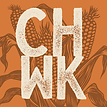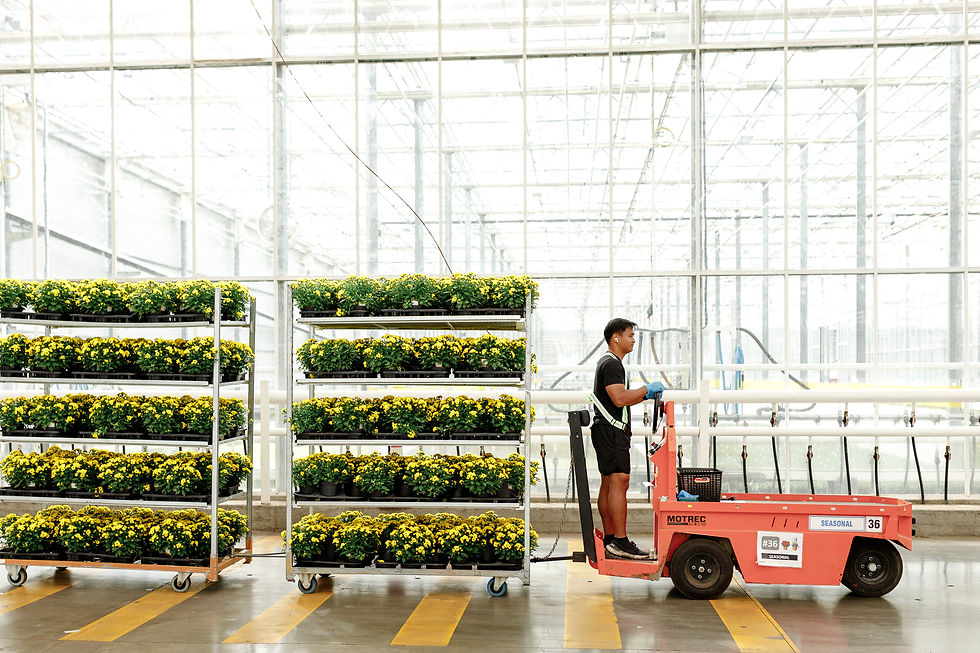Tariffs and Agriculture: How Trade Disputes Are Reshaping Canada’s Farming Sector
- Farm Story Feature
- Mar 29, 2025
- 3 min read
Updated: Sep 7, 2025
Canada's agricultural sector is currently navigating a complex landscape of international tariffs and trade policies that significantly impact farmers, producers, and consumers alike. Understanding these dynamics is crucial for stakeholders within the industry and the general public concerned about food security and economic stability.
Recent Tariff Developments
In October 2024, Canada imposed a 100% tariff on Chinese electric vehicles and a 25% tariff on Chinese steel and aluminum products, citing concerns over market distortion and unfair competition. In retaliation, China announced on March 8, 2025, that it would implement tariffs targeting Canadian agricultural products, including a 100% tariff on canola oil, oil cakes, and peas, and a 25% tariff on aquatic products and pork, effective March 20, 2025.
Simultaneously, trade tensions have escalated between Canada and the United States. On March 4, 2025, the U.S. imposed a 25% tariff on Canadian exports and a 10% tariff on energy product exports from Canada. In response, Canada announced countermeasures to protect its economic interests.
Impact on Canadian Agriculture
These international trade disputes have profound implications for Canadian agriculture:
Market Access: The Chinese tariffs affect over $2.6 billion worth of Canadian agricultural and food products, including canola oil, peas, seafood, and pork. This poses significant challenges for Canadian farmers who rely on these export markets.
Input Costs:Tariffs on imports, such as fertilizers from China, have led to increased input costs for Canadian farmers, affecting their profitability and operational decisions.
Commodity Prices: Trade uncertainties have led to decreased commodity prices, impacting farmers' revenues and financial stability.
Supply Management in Canada
Canada's supply management system plays a pivotal role in stabilizing the agricultural sector. This system regulates the production of dairy, poultry, and eggs to match domestic demand, ensuring fair returns for farmers and stable prices for consumers. It involves controlling production levels, setting pricing mechanisms, and limiting imports through tariff-rate quotas (TRQs).
While supply management protects domestic producers from global market fluctuations and dumping of underpriced imports, it has been a point of contention in international trade negotiations. Critics argue that it limits market access for foreign producers and raises prices for Canadian consumers. However, supporters contend that it ensures food security, maintains rural livelihoods, and upholds high-quality production standards.
Government Support and Future Outlook
In light of the recent tariffs, the Canadian government has announced support measures for affected agricultural sectors. Programs like AgriStability are being leveraged to help producers manage income declines due to market disruptions.
Farmers are encouraged to stay informed about evolving trade policies and explore diversification strategies to mitigate risks. Engaging with industry associations and government programs can provide valuable resources and support during these challenging times.
The current tariff situation underscores the importance of adaptive strategies and robust support systems in sustaining Canada's agricultural sector amidst global economic uncertainties.
Citation
Global Affairs Canada
Tariff Rate Quotas: Agricultural Products - Global Affairs Canada
The Agreement obliged Canada to convert its existing agricultural quantitative import controls to a system of tariff rate quotas (TRQs).
Library of Parliament
Canada's Supply Management System - Library of Parliament
In Canada, supply management encompasses five types of products: dairy, chicken and turkey products, table eggs, and broiler hatching eggs.
Reuters
Canadian farmers face a two-front trade war as China's duties take effect
2 days ago — China announced on March 8 that tariffs on over $2.6 billion worth of Canadian agricultural and food products would kick in on March 20 …
Canada
Government of Canada announces support for the agricultural sector ...
Today — Agriculture and Agri-Food Canada. Government of Canada announces support for the agricultural sector following the imposition of tariffs by China.





Comments